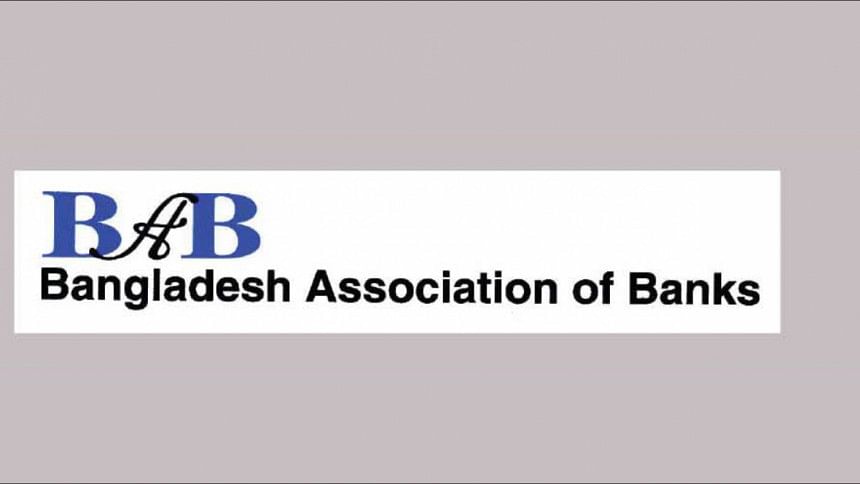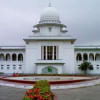No negative reporting!

In an unprecedented move, directors of private commercial banks are now seeking protection from the government against what they say is negative reporting on the banking sector.
In their views, such news may create panic among people and customers may lose trust in banks.
Economists and experts have criticised the demand, saying any restrictions on reporting on financial scams may further worsen the situation.
The call from the private bankers comes in the wake of media reports that the top brass of several private banks were involved in some high profile loan scams.
Bangladesh Association of Banks (BAB), a forum of bank directors, submitted a nine-point proposal to Finance Minister AMA Muhith during a closed-door meeting at the BAB office in the capital's Gulshan on Friday.
“To prevent negative publication of the media, an organisation can be established through promulgation of Financial Information Act under the finance ministry and Bangladesh Bank,” reads a letter, signed by BAB Chairman Nazrul Islam Mazumder, handed over to the minister.
Emerging from the meeting, Nazrul told reporters that the media should publish reports taking different issues into consideration as even “accurate information” could harm the sector.
He did not explain how.
He came down hard on the media as a whole, saying one newspaper published “false” information about EXIM Bank's defaulted loans, which harmed the bank's reputation.
Asked, Nazrul, also chairman of EXIM Bank, said they would discuss the promulgation of the Financial Information Act with the finance minister and the BB governor at a meeting today.
Premier Bank Chairman HBM Iqbal also requested reporters not to write anything negative about the sector.
Over the last two years, the banking sector has been hit hard by a series of loan scandals. The central bank investigations are revealing on a regular basis how different shady organisations had taken out huge sums in fake loans.
Some flagship names in business with long dubious reputations have viciously schemed to get new loans in the name of repaying old loans which they then usurped up as well without paying a penny.
BASIC Bank, which was once considered the best government bank, had huge loan irregularities amounting to Tk 4,500 crore between 2009 and 2012.
Bismillah Group embezzled Tk 1,100 crore from five banks between 2011 and 2012.
The loan forgery in Sonali Bank is still in public discussion. In 2012, Hall-Mark and five other companies took loans of over Tk 3,500 crore from the bank against fake documents.
Farmers Bank and NRB Commercial Bank became the latest examples of how money was taken freely and liberally out of the system. Now Farmers Bank is unable to pay off depositors' money.
Even, two banks that were established 35 years ago, are in serious trouble because of loan scams.
All these issues have put the banks and their customers in trouble.
Non-performing loans increased to Tk 74,303 crore at the end of December last year from Tk 62,172 crore a year ago.
Experts said businesses in Bangladesh rely massively on banks for supply of equity. And, when the banking system's health gets deteriorated for continued loan scams, it becomes a threat not only for the financial market but also for the entire economy.
EXPERTS' TAKE ON BAB DEMAND
Salehuddin Ahmed, former governor of the central bank, told The Daily Star yesterday that there was no need to formulate any such acts as people had the right to know what's happening in the banking sector.
“An individual or bank can go to the Press Council if any newspaper publishes any false report,” he said.
The BAB's demand is completely illogical as the existing act is enough to take action against false media reports, Salehuddin said.
Khondkar Ibrahim Khaled, former deputy governor of the central bank, echoed the view of Salehuddin, saying newspapers published “negative reports” because the sector was hit by financial scams.
“The banking sector will face a dire consequence if the media is not allowed to broadcast and publish financial scam-related reports. I completely oppose the demand of the directors,” he said.
AB Mirza Azizul Islam, former finance adviser to a caretaker government, said the media should continue to publish scam-related report in the interest of the people.
The customers can choose the bank to deposit his hard-earned money by getting information from the media reports, he said.
“The banks publish their annual financial reports every year, but the clients usually do not read those. They mainly depend on media reports to deposit their money with the banks,” he said.
On the nine-point demands by the private commercial bank directors, the finance minister informed them that the government would allow state agencies to deposit 50 percent of their funds with the private banks, up from the existing ceiling of 25 percent.
The BAB requested the finance minister and the central bank to slash the cash reserve requirement (CRR) to 3.5 percent from the existing 6.5 percent so that they have more funds.
This measure will help banks to get an additional Tk 30,000 crore in liquidity, Nazrul told the reporters.
Also, the directors demanded the government slash the percentage of agriculture sector investment to one percent of their total loans instead of 2.5 percent.
The ceiling for deposit pension scheme should be increased to encourage customers to keep more money in banks, according to sources.

 For all latest news, follow The Daily Star's Google News channel.
For all latest news, follow The Daily Star's Google News channel. 








Comments